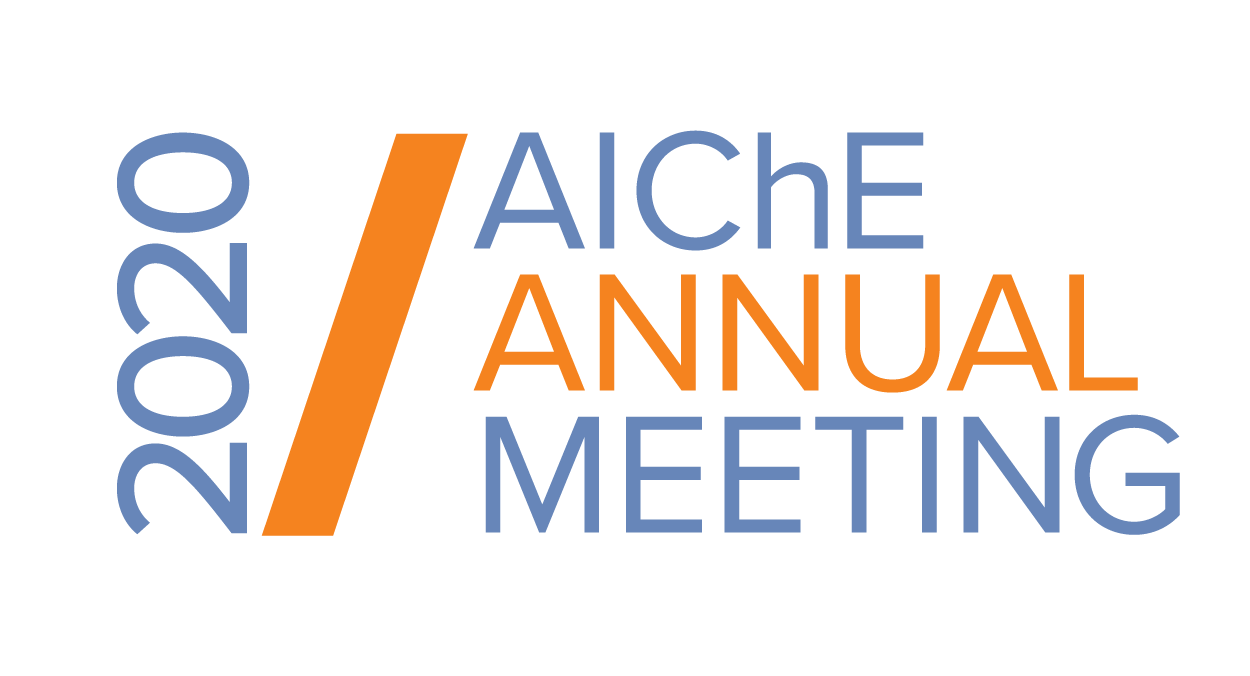

Materials science approaches to improving selectivity between solutes revolve around designing materials for the membrane separating layers which can discriminate cleanly between two solutes. Approaches include incorporating pre-structured materials with microporosity, such as MOFs, COFs, and POCs into the separating layers of membranes, or designing membranes with increasingly rigid polymer networks which build-in desired microporosities.
An engineering-based approach to improving system selectivity is to use multiple separation stages. In these systems, the permeate from one stage is typically fed into a subsequent stage for further solute fractionation. This idea has been explored through simulation and a limited number of experimental demonstrations – these latter requiring the control of pressures and flows.
The impact of these approaches will be considered in the context of high value molecules from pharmaceutical contexts, and the potential for each approach to achieve desired outcomes will be assessed.
